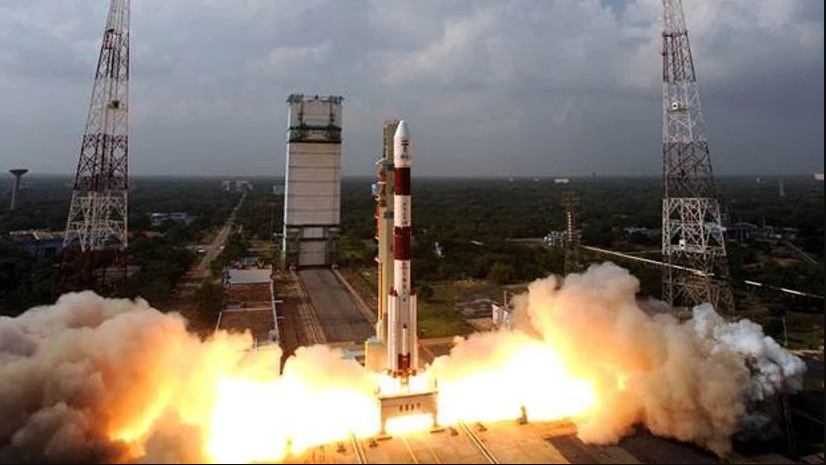
On Friday, ISRO emphasised that its primary focus was on safety and mission integrity in light of recent concerns expressed by NASA and Axiom Space regarding a leak at the International Space Station (ISS). SpaceX chief Elon Musk also raised alarms about the long-term safety of the ISS, suggesting that some of its components were aging and that the associated risks were increasing over time. He expressed his belief that, despite SpaceX earning significant revenue from transporting astronauts and cargo to the ISS, it would be prudent to consider de-orbiting the station within the next two years.
In response to these safety concerns, NASA and its international collaborators have plans to retire the ISS by 2031, with intentions to de-orbit the facility shortly thereafter. Axiom Space, one of the few private companies working on a successor to the ISS, announced that it would be delaying its Axiom Mission 4, which had already been postponed multiple times this year. The originally scheduled launch on May 29 was pushed to June 8, then June 10, and finally to June 11, as SpaceX identified a liquid oxygen leak in the Falcon-9 rocket.
Peggy Whitson, a former NASA astronaut and the current director of human spaceflight at Axiom Space, was set to command the commercial mission, alongside Indian Space Research Organisation (ISRO) astronaut Shubhanshu Shukla as the pilot. The crew also included European Space Agency (ESA) project astronaut Slawosz Uznanski-Wisniewski from Poland and Tibor Kapu from Hungary. This 14-day mission aimed to mark a significant return to human spaceflight for India, Poland, and Hungary.
Whitson remarked on social media that setbacks and delays are typical in spaceflight, assuring that the Ax-4 crew remained optimistic and eager for a safe and successful mission to the Space Station.







